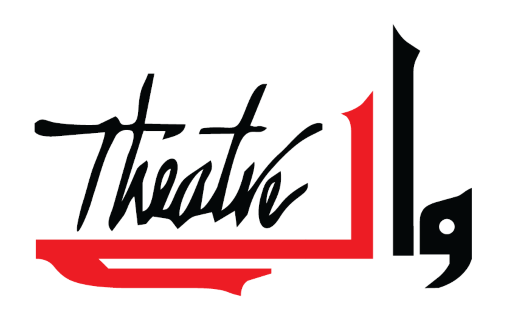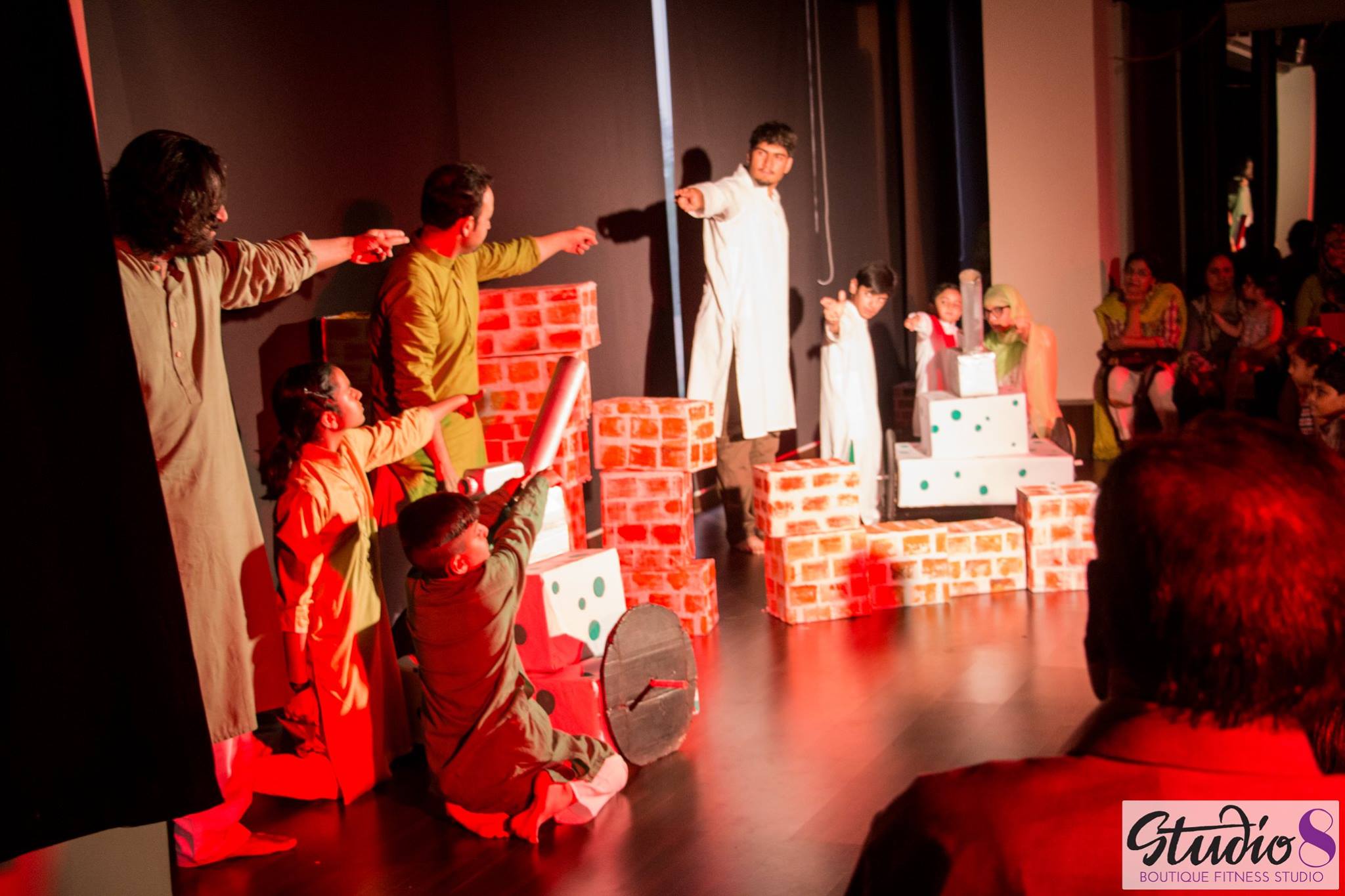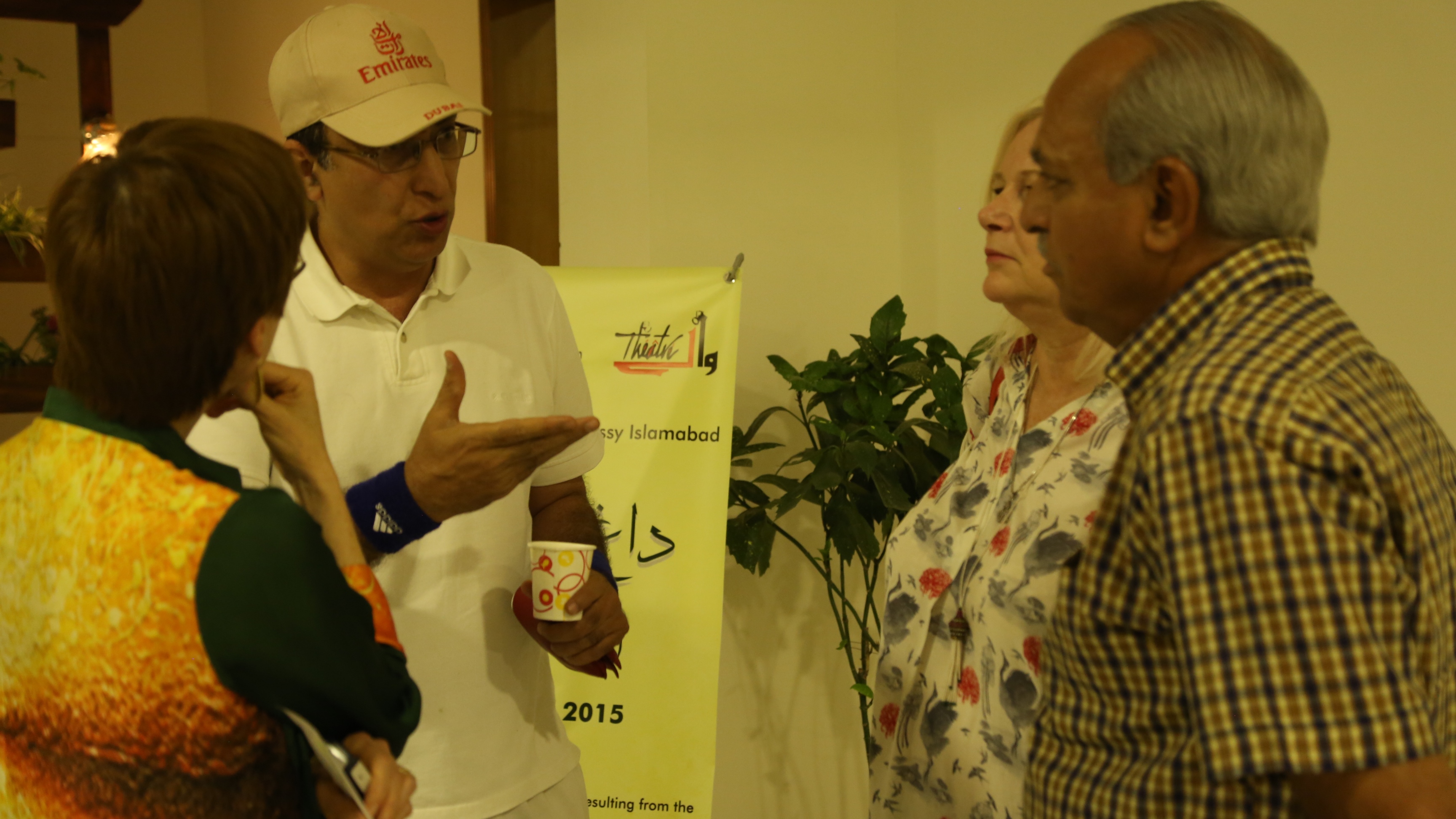by Imran Iftikhar
About three years ago, I received a text from Fizza, my former boss at the school where I used to teach. She was also artistic director of a theater company, Theatre Wallay, of which I am a member now. She told me that her company was starting work on a new play, and was wondering if I would like to come and help out. I agreed.
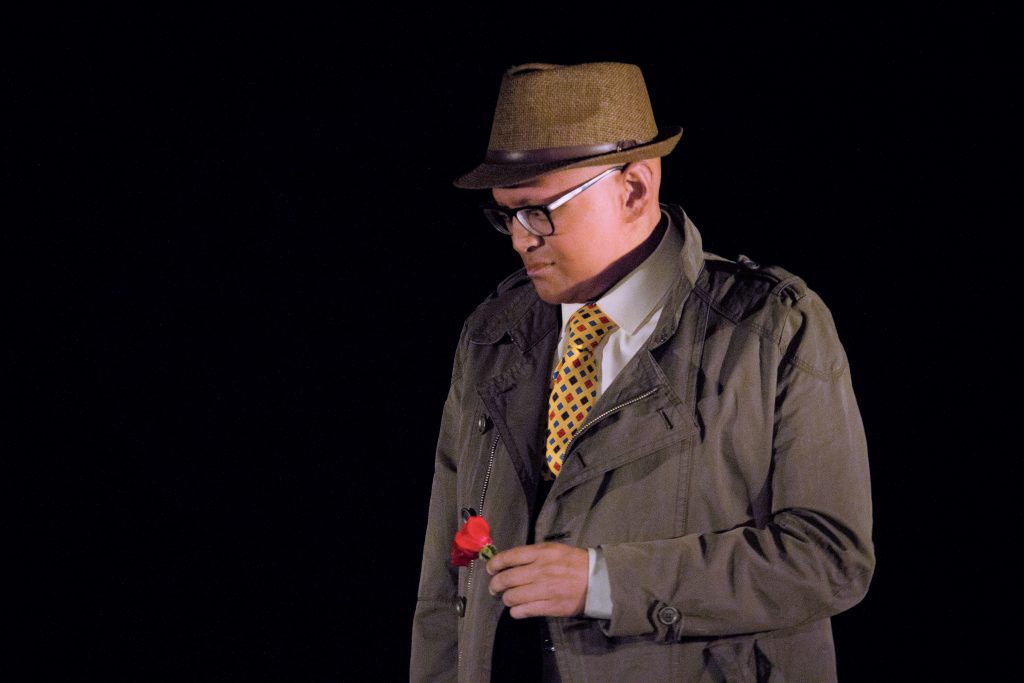
But when I arrived at the venue, a script was thrust into my hand, and Fizza simply said, “You’re auditioning.” And the rest, as they say, was history. I was cast in Theatre Wallay’s production of a one-act play by Anton Chekov, and, soon, rehearsals were in full swing. I had never really acted before this, other than an odd performance back in school, and so had no idea of the amount of work that went into a production. As it turned out, it required ALOT of hard work – learning lines was the least of labors of a theater actor.
When we finally performed on stage – in spite of all the lines I forgot, and a serious scene in which I accidentally burst out laughing – I experienced a euphoria that was almost indescribable. I basked in the applause and ovation we received, and realized that this was the line of work that I was supposed to be in.
For me, the process of preparing for a play is the reason why I enjoy acting so much. When a play has been decided upon, and the casting done, it is time to delve into the script. Actors are required to read through the script and familiarize themselves with the plot and their own lines. They are required to begin learning their lines from the get go, because an actor can only truly perform the lines with conviction, and true emotions, if he/she can say them without looking at the script.
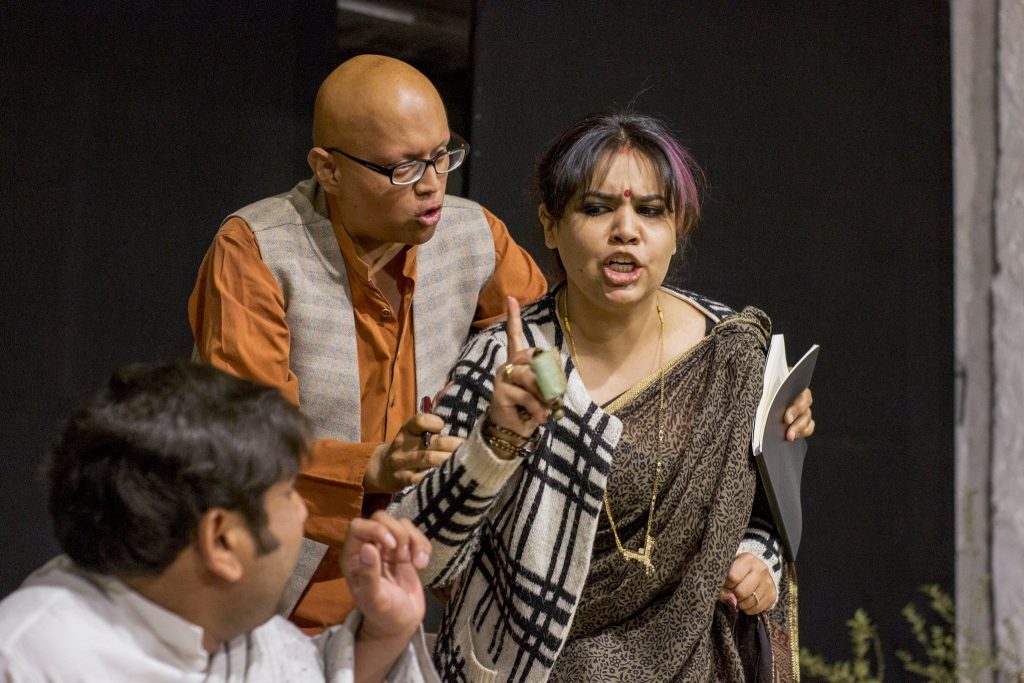
While this memorization is going on, actors have to start figuring out intentions behind each line, beat changes and shifts in their dialogues or monologues and the relationship they have with other characters. This is the time consuming part. Figuring out intentions, or the purpose behind saying a particular line, usually involves writing the intention next to each line to be spoken. For long plays, and for characters who have larger parts, this requires quite a lot of time and effort. Then the deciphered intentions have to be internalized by the actor, so that they can become apparent to the audience when those lines are said on stage.
Beat changes are pauses and changes in tone or volume, which might seem obvious, but can actually be quite tricky once you get around to figuring them out.
Simultaneously, the biography of each character has to be worked out. In order to fully make sense of the character’s personality, it is important to know what they were doing before the play and what kind of background they’re from. This information is sometimes provided in the script, but a lot of times, it takes a lot of guess work and imagination.
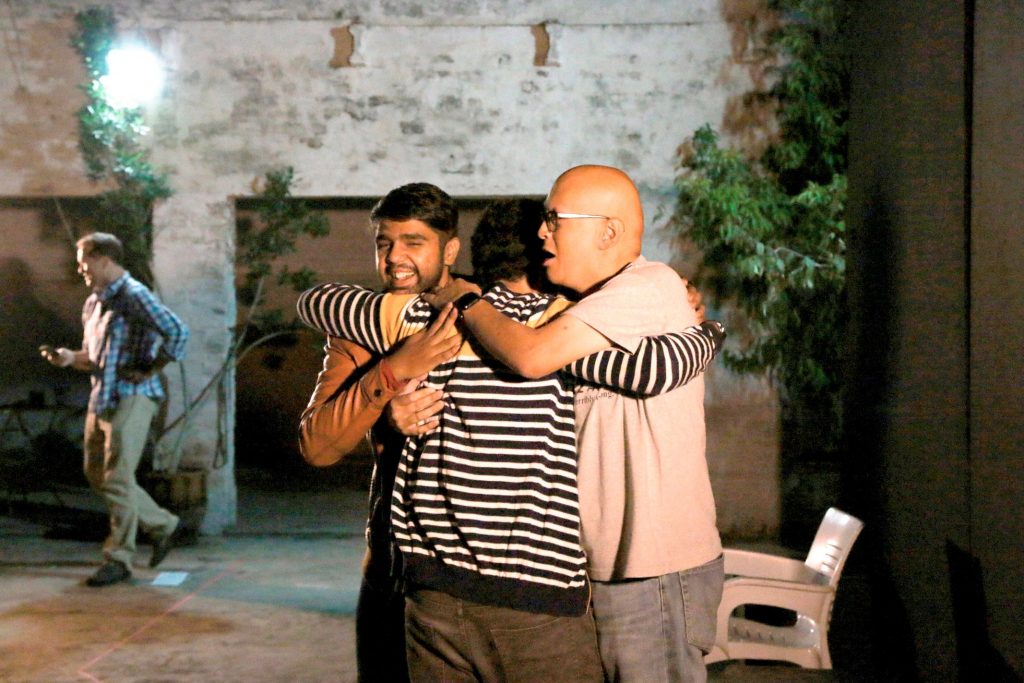
Character traits, habits, and tics are also figured out at this stage. Actors also have to discuss and establish the history of their character’s relationship with other characters. Incidentally, most of this is homework that actors have to do outside of rehearsal time.
Rehearsals are another story altogether. A typical rehearsal begins with a physical and vocal warm up, including exercises that help actors focus, and be spatially aware of the set and the other characters on stage. This takes about 10 – 15 minutes. We then move on to practicing our scenes on the stage again and again until they are polished, and the director is satisfied. The director is watching closely to see if the actor has done his/her homework and if intentions are coming through or not. The practice is interspersed with comments, notes, instructions, admonitions, and reprimands from the director, depending on how smoothly the scene has gone.
All this culminates in a performance in front of an audience. Almost invariably, there is a nervousness abuzz in the green room (changing room). It is a common sight to see actors fervently mouthing something under their breath, their eyes screwed shut, or pacing around trying to get into character before their scene. They pop lozenges and cough drops, and take generous dozes of throat spray in their mouths.
The electric kettle is constantly in use; people drink concoctions made of green tea, mixed with joshanda and salt. They stand behind the curtain, waiting anxiously for their cue. And then it is time for them to walk on to the stage. The lights blind them. There is a tinge of nervousness, but the rush of adrenaline drives them forward.
It doesn’t always go perfectly. Cues are missed, lines are forgotten, mishaps happen, which are not always caught by the audience. But for the actor, it is the moment of glory, for which they’ve been repeating lines while showering, or rehearsing in the courtyard in the blistering heat because there is no indoor space large enough, or being scolded by a director for not working hard enough on intentions or beat changes. There are few joys that can match that of getting the desired response from the audience, whether it is applause, laughter, tears or simply rapt attention.
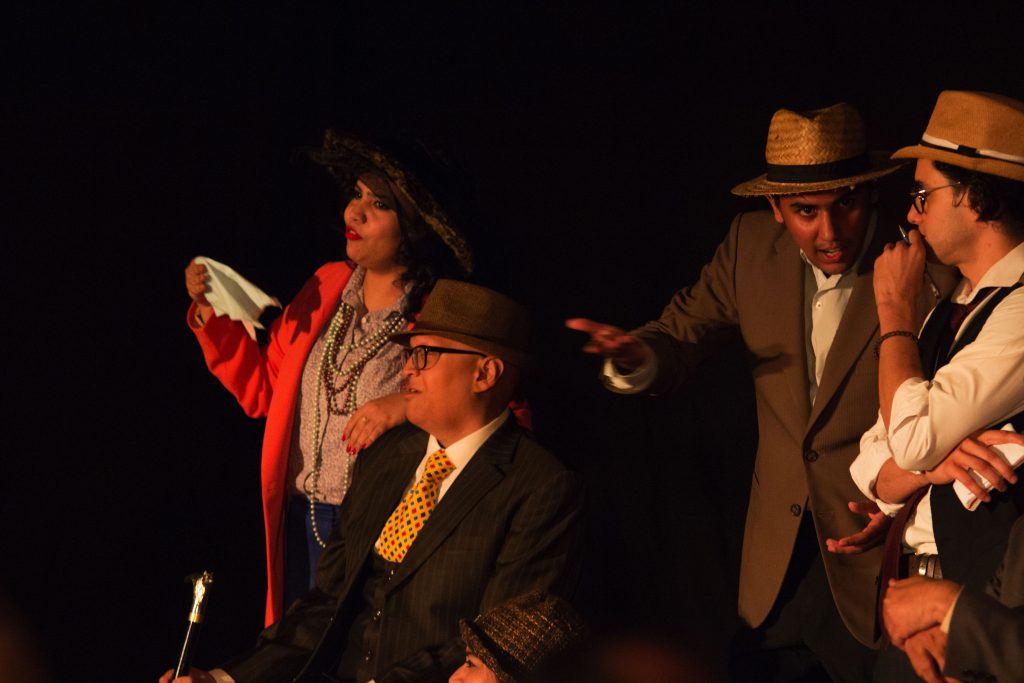
I love being an actor. I love the entire process of preparing for a play, even if it is hard work. There is quite a lot of creativity involved in embodying the character that I am to play, and I enjoy every second of it. But I cannot turn a blind eye to the truth that acting is not considered a prestigious profession in this country. We were flabbergasted by the number of people who came to watch our play when was performed in the US. This type of response is unthinkable in Pakistan. We are working tirelessly to promote theater art in Pakistan, and we are slowly and gradually gathering a loyal audience that comes to our performances, but we still have a long way to go. I hope that when people find out about the amount of hard work and dedication that goes into a production, they will find it in themselves to appreciate this wonderful art form more.
